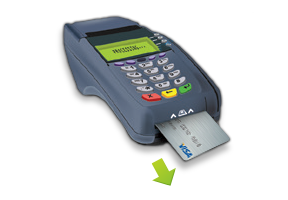[fusion_builder_container hundred_percent=”no” equal_height_columns=”no” hide_on_mobile=”small-visibility,medium-visibility,large-visibility” background_position=”center center” background_repeat=”no-repeat” fade=”no” background_parallax=”none” parallax_speed=”0.3″ video_aspect_ratio=”16:9″ video_loop=”yes” video_mute=”yes” overlay_opacity=”0.5″ border_style=”solid”][fusion_builder_row][fusion_builder_column type=”1_1″ layout=”1_1″ background_position=”left top” background_color=”” border_size=”” border_color=”” border_style=”solid” border_position=”all” spacing=”yes” background_image=”” background_repeat=”no-repeat” padding=”” margin_top=”0px” margin_bottom=”0px” class=”” id=”” animation_type=”” animation_speed=”0.3″ animation_direction=”left” hide_on_mobile=”small-visibility,medium-visibility,large-visibility” center_content=”no” last=”no” min_height=”” hover_type=”none” link=””][fusion_text]
Some merchants surcharge customers to use payment cards. In 2013, a class action lawsuit ruling made it legal for merchants to surcharge their customers for credit card use, but, with a certain set of restrictions. The surcharges are only legal in certain states, can’t exceed 4% of the total transaction amount when they are legal, and aren’t valid for debit (bank) card transactions at all.
General tips for disputing illegal fees
Visa and MasterCard encourage consumers to report merchants charging illegal fees to their respective state’s attorney general’s office. You can augment this by calling the number on the back of your bank card and reporting the merchant and the illegal fees directly to Visa and MasterCard.
- Surcharges are illegal in ten states: California, Colorado, Connecticut, Florida, Kansas, Maine, Massachusetts, New York, Oklahoma, and Texas.
- Surcharges are illegal to apply to any debit card purchases.
- Surcharges above 4% are illegal.
[/fusion_text][/fusion_builder_column][/fusion_builder_row][/fusion_builder_container]


